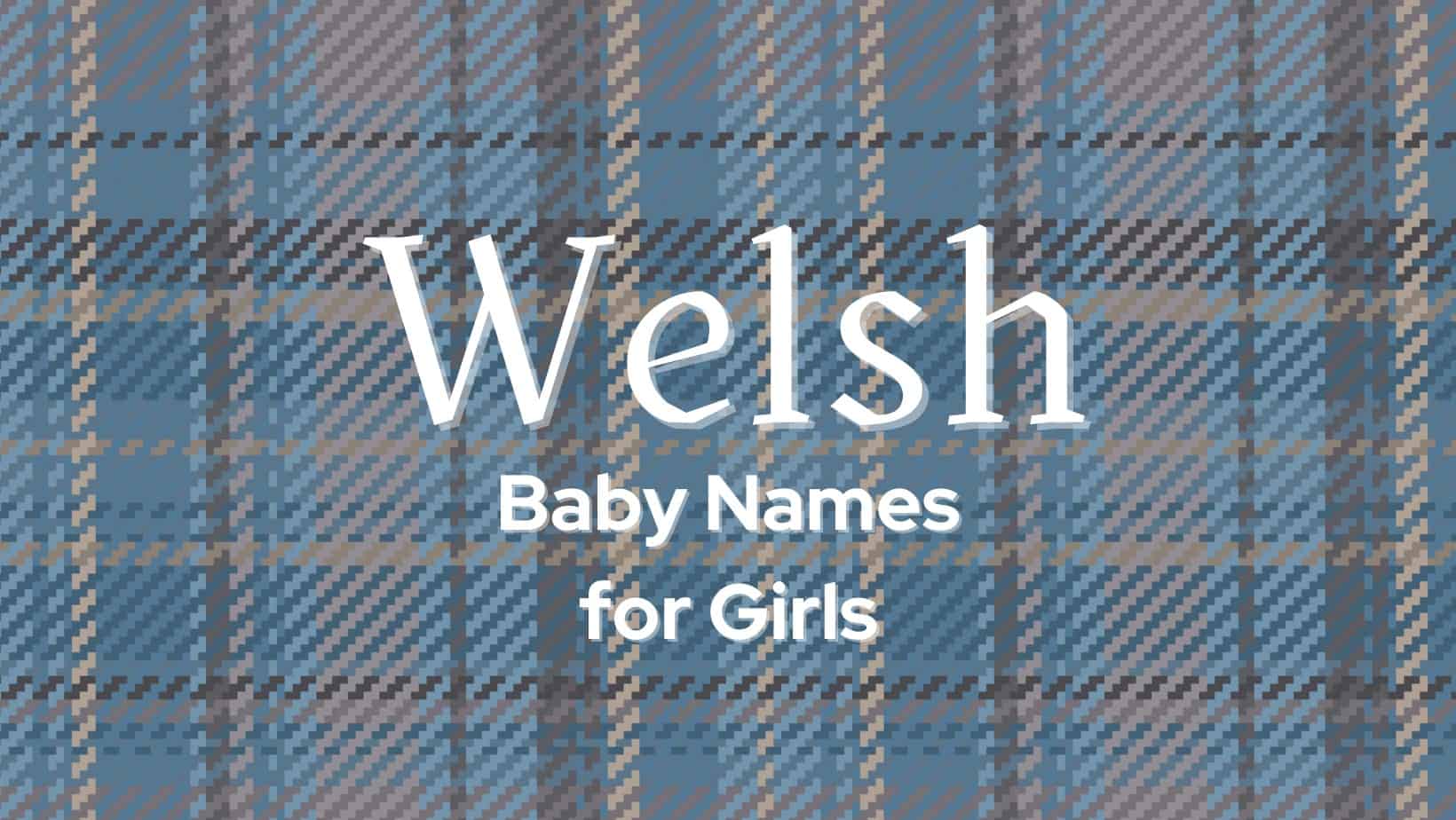Welsh origin names encapsulate a rich tapestry of history, culture, and identity. These names, often steeped in folklore and tradition, provide a glimpse into the unique heritage of Wales, a country known for its stunning landscapes and vibrant language. Many of these names carry meanings that reflect the natural world, virtues, and ancestral connections, making them not just labels but stories waiting to be told. The allure of Welsh names has gained traction beyond their native borders, appealing to parents worldwide who seek names that resonate with strength and character. As we delve deeper into the world of Welsh origin names, we uncover the significance behind them and the cultural context that shapes their usage.
From the melodious sounds of names like Aled and Eira to the strong presence of names like Rhys and Seren, each Welsh name has its own distinct charm and meaning. The revival of interest in traditional names aligns with a broader trend of valuing heritage and family roots, prompting many to explore the depths of Welsh nomenclature. In this article, we will explore not only the origins and meanings of various Welsh names but also the cultural influences that contribute to their appeal.
As we embark on this journey through the land of names, we will answer common questions about Welsh origin names, their significance, and their place in modern society. Whether you are considering a Welsh name for a new addition to your family or simply wish to learn more about this fascinating aspect of Welsh culture, you are in the right place.
What are the Origins of Welsh Names?
Welsh names are primarily derived from the Celtic languages spoken in Wales. The history of Welsh nomenclature is influenced by various factors, including geography, mythology, and historical events. Many names are patronymic, indicating lineage, where a child's name is derived from the father's name, often using the prefix 'ap' (meaning 'son of') or 'ferch' (meaning 'daughter of'). This tradition illustrates the importance of family and ancestry in Welsh culture.
How Do Welsh Names Reflect Nature and Character?
Nature plays a significant role in the development of Welsh names. Many names are inspired by natural elements, with meanings tied to the environment. For example:
- Eira - meaning "snow"
- Aled - meaning "a river" or "the one who is alive"
- Gwyn - meaning "fair" or "blessed"
- Seren - meaning "star"
These names not only evoke imagery of the Welsh landscape but also carry virtues and qualities that parents may wish to impart to their children. The connection to nature and character traits makes Welsh names particularly appealing to those seeking names with depth and significance.
Are There Famous Personalities with Welsh Origin Names?
Yes, several notable personalities bear Welsh origin names. One such individual is the acclaimed actor Matthew Rhys, known for his roles in "The Americans" and "Perry Mason." His name, derived from the Welsh word for "enthusiasm," embodies the spirited nature of Welsh culture. Let's take a closer look at his biography and contributions.
| Attribute | Details |
|---|---|
| Name | Matthew Rhys |
| Date of Birth | November 8, 1974 |
| Place of Birth | Cardiff, Wales |
| Occupation | Actor, Producer |
| Notable Works | The Americans, Perry Mason |
What Are Some Popular Welsh Origin Names for Boys?
Welsh names for boys often carry strong historical and cultural significance. Here are some popular choices:
- Rhys - meaning "ardor" or "enthusiasm"
- Osian - meaning "little deer"
- Gareth - meaning "gentle"
- Emrys - meaning "immortal"
These names exemplify the blend of strength and beauty that Welsh origin names are known for, making them popular choices for parents today.
What Are Some Popular Welsh Origin Names for Girls?
Welsh names for girls are equally enchanting and often reflect themes of beauty and nature. Here are some beloved options:
- Ffion - meaning "foxglove"
- Alys - meaning "noble"
- Branwen - meaning "beautiful raven"
- Lowri - meaning "laurel"
These names not only sound melodious but also carry meanings that resonate with the virtues and qualities parents hope to instill in their daughters.
How Are Welsh Names Used in Modern Times?
In contemporary society, Welsh origin names have transcended cultural boundaries and are increasingly embraced by people worldwide. Many parents choose these names for their children as a way to honor their heritage or to connect with the beauty of the Welsh language. Additionally, the rise of social media and the internet has facilitated the sharing of Welsh culture, leading to a greater appreciation for its names and their meanings.
What Are the Challenges of Choosing a Welsh Name?
While Welsh origin names are beautiful and meaningful, there can be challenges in choosing one. Some factors to consider include:
- Pronunciation: Many Welsh names may be difficult for non-Welsh speakers to pronounce correctly.
- Spelling Variations: Some names have multiple spellings, which can lead to confusion.
- Cultural Significance: Understanding the history and meaning behind a name is essential to ensure it resonates with the family.
Despite these challenges, the allure of Welsh origin names continues to draw those seeking unique and meaningful names for their children.
Conclusion: Why Choose Welsh Origin Names?
Welsh origin names are more than just labels; they are a connection to culture, history, and the natural world. Their meanings and sounds evoke a sense of beauty and strength, making them appealing choices for parents worldwide. Whether you are exploring your Welsh heritage or simply appreciate the charm of these names, there is a rich variety to choose from, each with its own unique story. By selecting a Welsh name, you are not only honoring a rich tradition but also gifting a name filled with character and significance.


